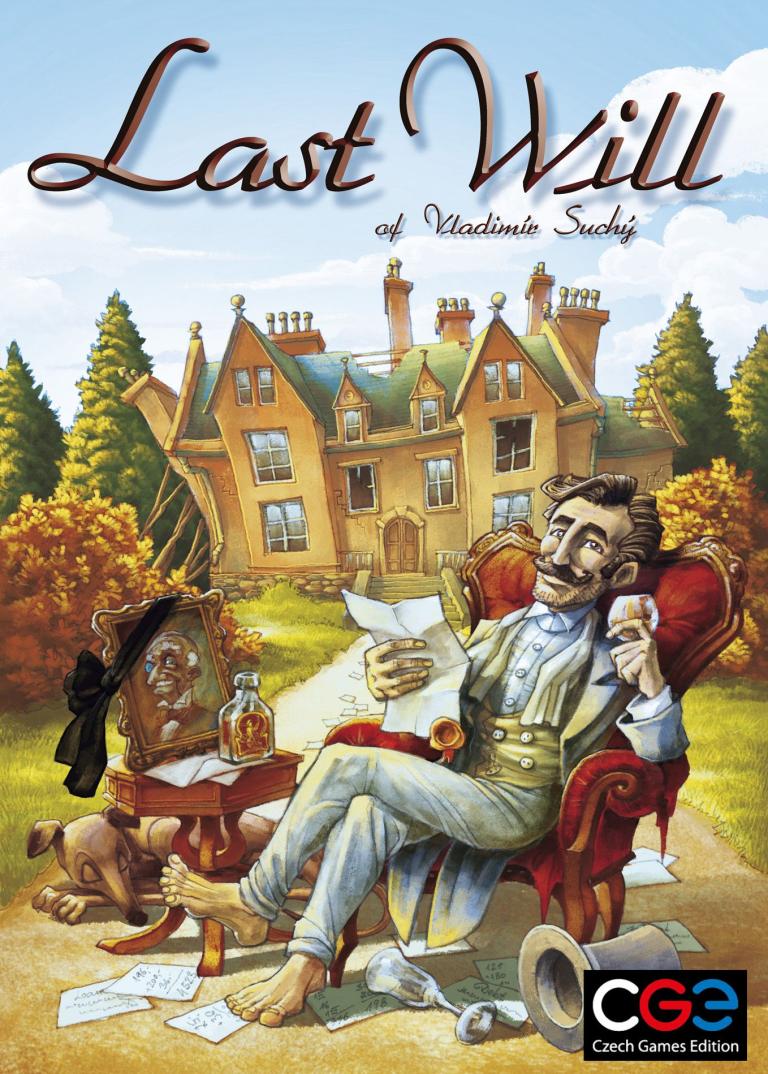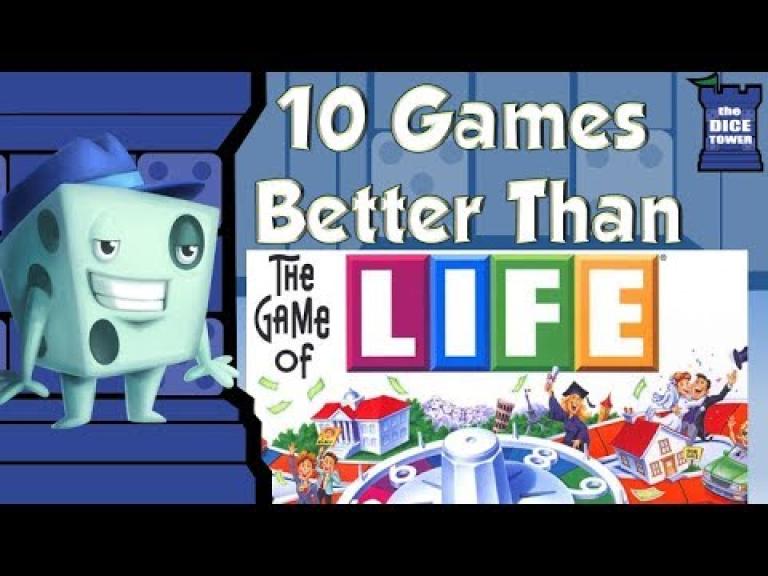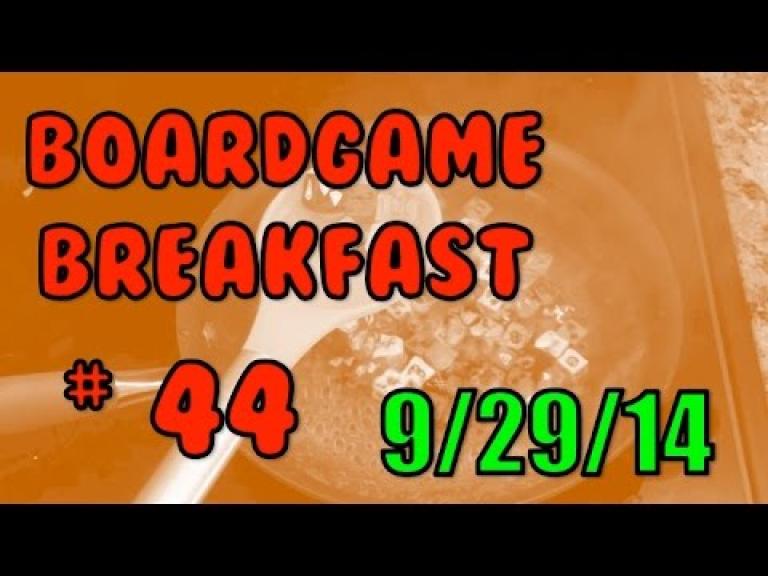Last Will

Last Will
In Last Will, each player starts with a certain amount of money, an individual player board, two errand boys and two cards in some combination of properties and helpers. At the start of each round, lay out cards from the appropriate decks on the offering boards; the four regular decks are properties, companions, events, helpers and expenses, with special cards forming a deck of their own. The particular mix of cards varies by round and by the number of players.
Each player then chooses a plan for the round, with each plan indicating the number of cards the player draws (drawn immediately from the four regular decks in any combination), how many errand boys he can use later (one or two), the number of actions available to him that round, and his spot in the playing order that round. In the playing order for that round, players then take turns choosing an action with their errand boy(s), with those actions being:
Take a card on display and add it to your hand.
Draw a card from any regular deck – This can be chosen only once by each player.
Visit the opera and spend $2.
Adjust the value modifiers in the property market.
Take a player board extension, thereby giving you room to play more cards.
Players then take actions in the playing order for that round, with each player having as many actions as indicated on his plan. Actions let you play one-time events (which have a cost, possibly variable); helpers and recurring expenses (which are placed on your individual player board); and properties (which cost money and may depreciate over time). You can often play companions with events or recurring expenses – of course you should bring a date to the opera or a horse on your yacht! – to increase their cost. You can also use actions to activate cards on your player board, possibly with one or more companions and always with the goal of spending money. Helpers and special cards can provide you with unique powers to further boost your profligacy.
At the end of each round, you must discard down to two cards in hand, and properties that can depreciate do so; this is good as a player cannot go bankrupt if he owns properties, and the only way to get rid of properties is to sell them, which regretably puts money back in your hands unless the depreciation was intense or you manipulate the market.
If a player has no money and no properties, he declares bankruptcy and the game ends at the conclusion of that round; otherwise the game ends after seven rounds. The player who has the least money (or even who is most in debt) wins.
Newest Review
Podcasts Featuring this Game

TDT # 348 - Live from Las Vegas
With Eric away at the GAMA trade show in Las Vegas, Sam Healey and Zee Garcia join Tom to talk about Compounded, Firezne, Eruption, Battle for Souls, Last Will, and Colosseum. They also answer a bunch of questions, before Dan King and Eric Summerer enter, live from Las Vegas, to give some news highlights and upcoming game information.

TDT # 322 - Games from our Childhood
Lots to talk about this time! Tom and Eric look at Phantom of the Opera, Safuasa, Dwarven Miner, Takenoko special edition, Escape, and Last Will! We also go to the vault and discuss San Juan and Star Wars: Queen's Gambit. Geoff talks about analogies, Brian takes a look at I'm the Boss, and we have three other special segments. Oh, and the contest winner! Finally, we end the show with games from our childhood we would like to see reprinted and re-developed.

TDT # 251 - Interaction
In this episode, Tom muses about different types of games, and Chief comes to the grand finale of his gaming group. Geoff talks about crowdsourcing, Eric goes over a ton of new games he played at Conn Con, and we review several games, including Abaddon and Lords of Waterdeep. We finish up the show talking about our favorite types of interaction.






